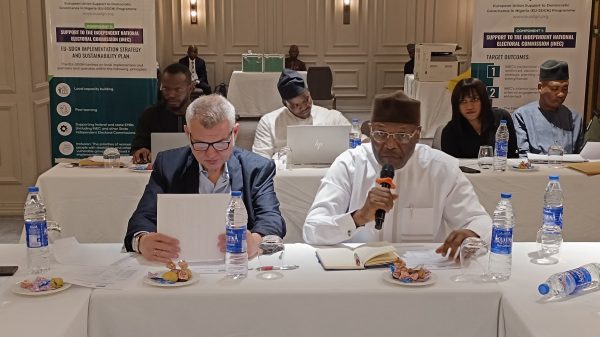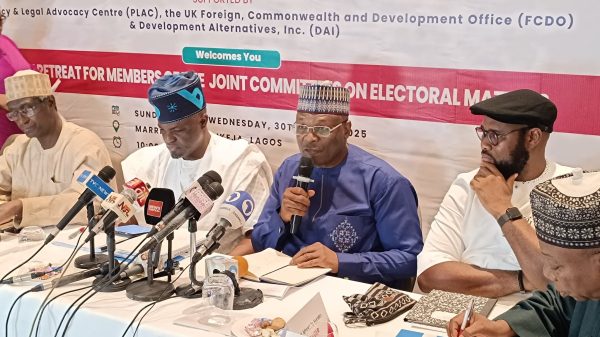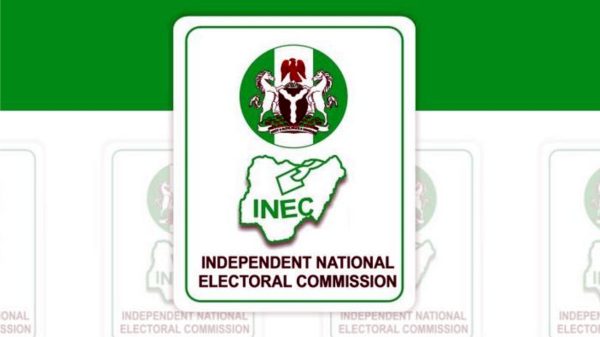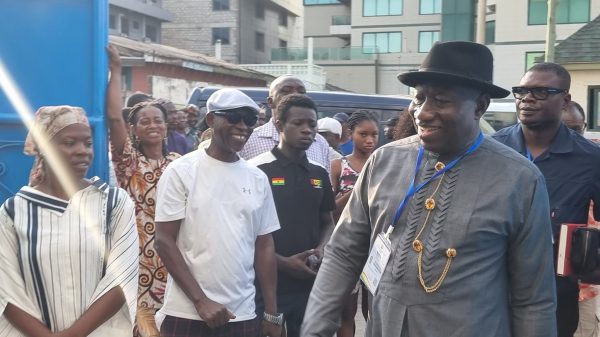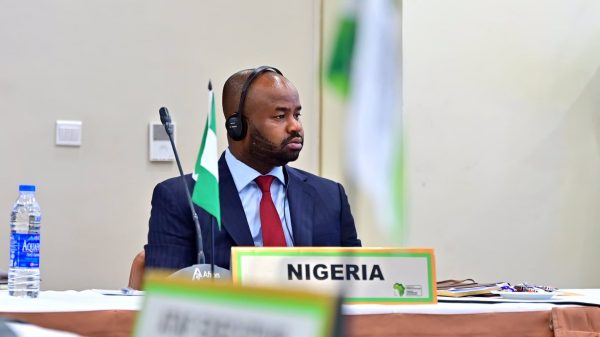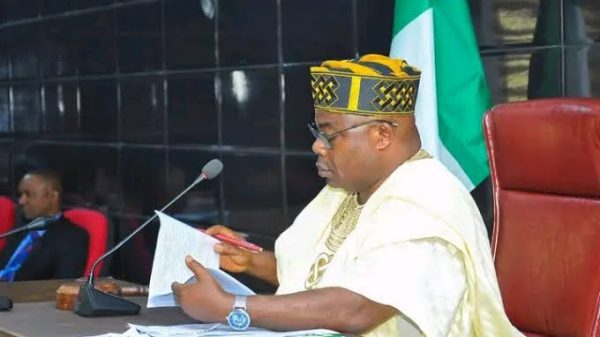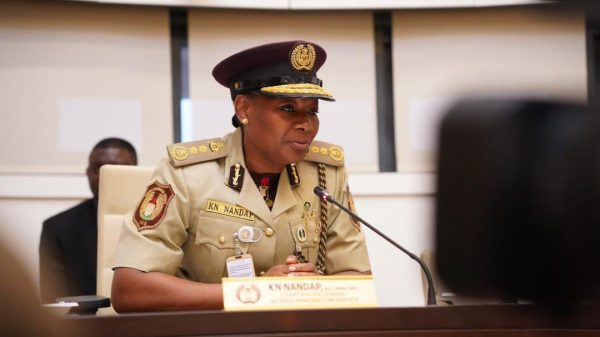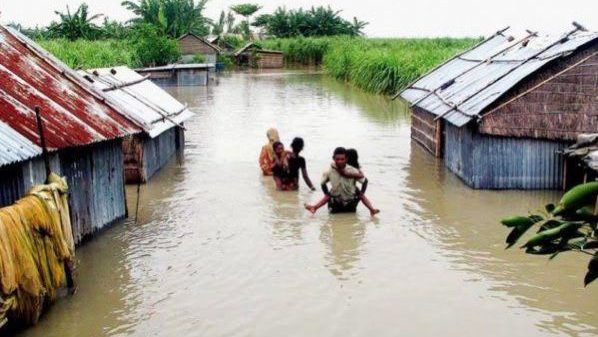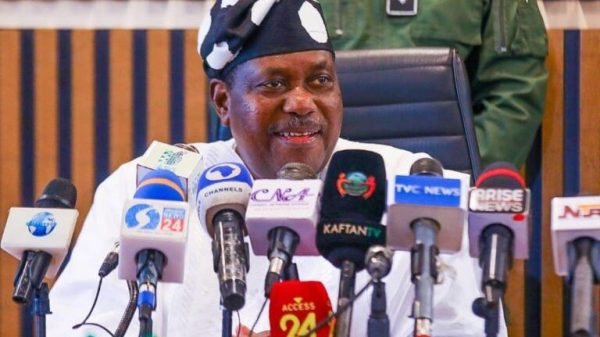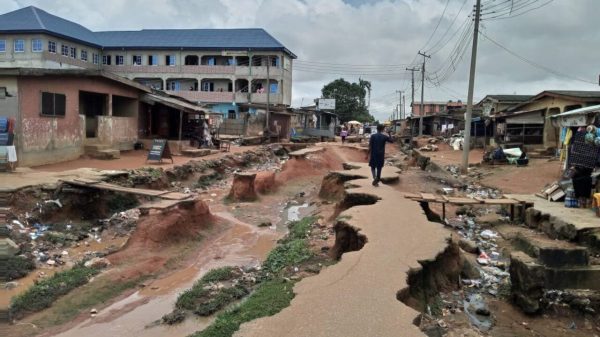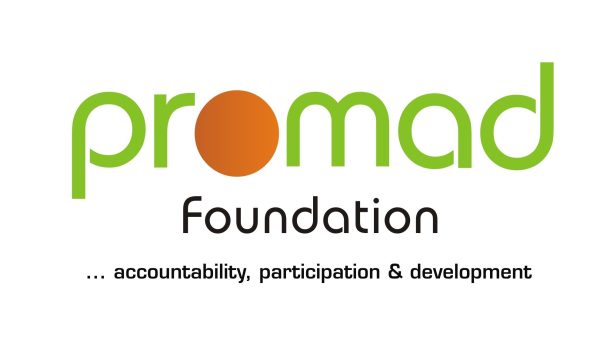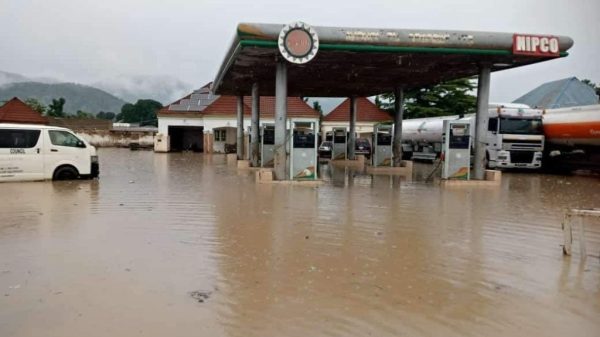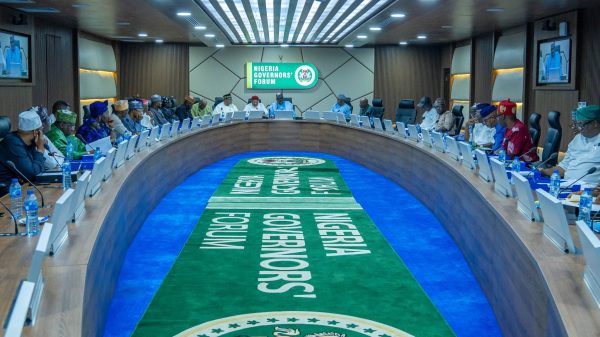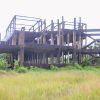Titilope Adegolu-Oniyesan
This article is solely the opinion of the author in her attempt to share her concerns and contribute to the ongoing public hearing on the review of the 199 Constitution of the Federal Republic of Nigeria.
Amidst the growing calls for restructuring, one common conversation is that a national conference be held. Proponents argue that if all groups are called to the table, all agitations can then be laid down, debated, discussed, and the result would be laid as foundation for another much touted process, ‘restructuring’.
Proponents of restructuring are often quick to add as a finishing sentence that, ‘this is the only way to save Nigeria.
What therefore, does the 2014 confab report contain? Surely these renewed calls for another conference, 7 years later, must be some sorts of move for improvement on perceived loopholes in the existing document
The 2014 confab report is an 898 page document. The early pages identify certain, clear and persistent problems;
One is the clamor for a review of the 1999 constitution. The documents notes that up till then, a truly acceptable constitution had not emerged to mediate the social contract between the nationalities of the country. Interestingly, this lingering sentiment has remained unmodified.
The confab report also identifies corruption, perfectly describing it as the single most debilitating problem facing Nigeria.
Also, it addressed the issue of devolution of powers, fiscal responsibility, public sector reforms, lack of transparency and clear ideology in political party operations.
The document did not leave out agricultural policies and stimulus packages for farmers.
It is worthy of note, that the document labelled the incidences of kidnappings, attacks and killings back then as politically motivated. That used to be a sufficient description. In a post COVID-19 situation as the one we find ourselves in, a new document would only have to add that these problems are also now an offshoot of directionless economic policies. And an equally sleeping, but slowly-waking, but ignored monster, Climate Change.
While political actors may try to tell Nigerians otherwise, there are clear indices as to where the country stood, security wise in 2013-2014, and where it now stands.
At the time, killings, human rights abuses and arbitrary murders were highlight stories from the North. Editors in the South were daily confronted by these worrisome events, but sadly could not attach prominence to them.
Why is that?
It was hardly a matter of immediate or present danger to their host communities or listeners. The ‘where’ of the horrors, being so far away created a sort of cushion for the damage that was slowly but determinedly creeping towards the South and the West.
To address this problem back then, the document recommends on page 114;
The ‘modernisation of pastoralist/nomadic livelihoods’. Conference decided that;
a. an integrated development and livelihoods modernization program should be designed and implemented to address the issue of settling normadic herdsmen into settled communities based on established cattle/ranches with fodder development technologies, and including abattoirs, processing and other businesses along the investment value chain.
b. the integrated development should be funded by both federal and state governments in states where such settlements are established.
This process was supposed to last for between 5 and 10 years. By interpretation, if the document had been implemented, the proceeds of such efforts would be available for the benefits of Nigerians at the moment, and by extension, surrounding African countries, most of which by the way, are being battered by unrelenting extremists.
The origin of the current movement of arms across west African nations and the rise of rival extremists groups have often been traced to the misfortune suffered by the lake chad region.
But even this, while emerging, was not a new challenge, back in 2014.
On page 100, under the title, A case for the resuscitation of the lake chad, the document notes that;
Considering the importance of the lake as a source of livelihood for over 17 million Nigerians, and considering the fact that the states within the hydrological basin of the lake arew among those with the highest incidence of poverty in the land, such poverty constitute a rife catalyst for the current ravaging insurgence in the zone……
The drying up of the Chad has been gradual. However, same cannot be said of deliberate corresponding military decisions to match the terrors that have been visited on victims.
The Nigerian society has lacked the will power to effect tangible policies to grow its democracy or economy. Such fundamental problems can hardly be wished away by conferences or meetings.
Titilope Adegolu-Oniyesan writes from Akure, Ondo State. She can be reached via tadebri@yahoo.com






